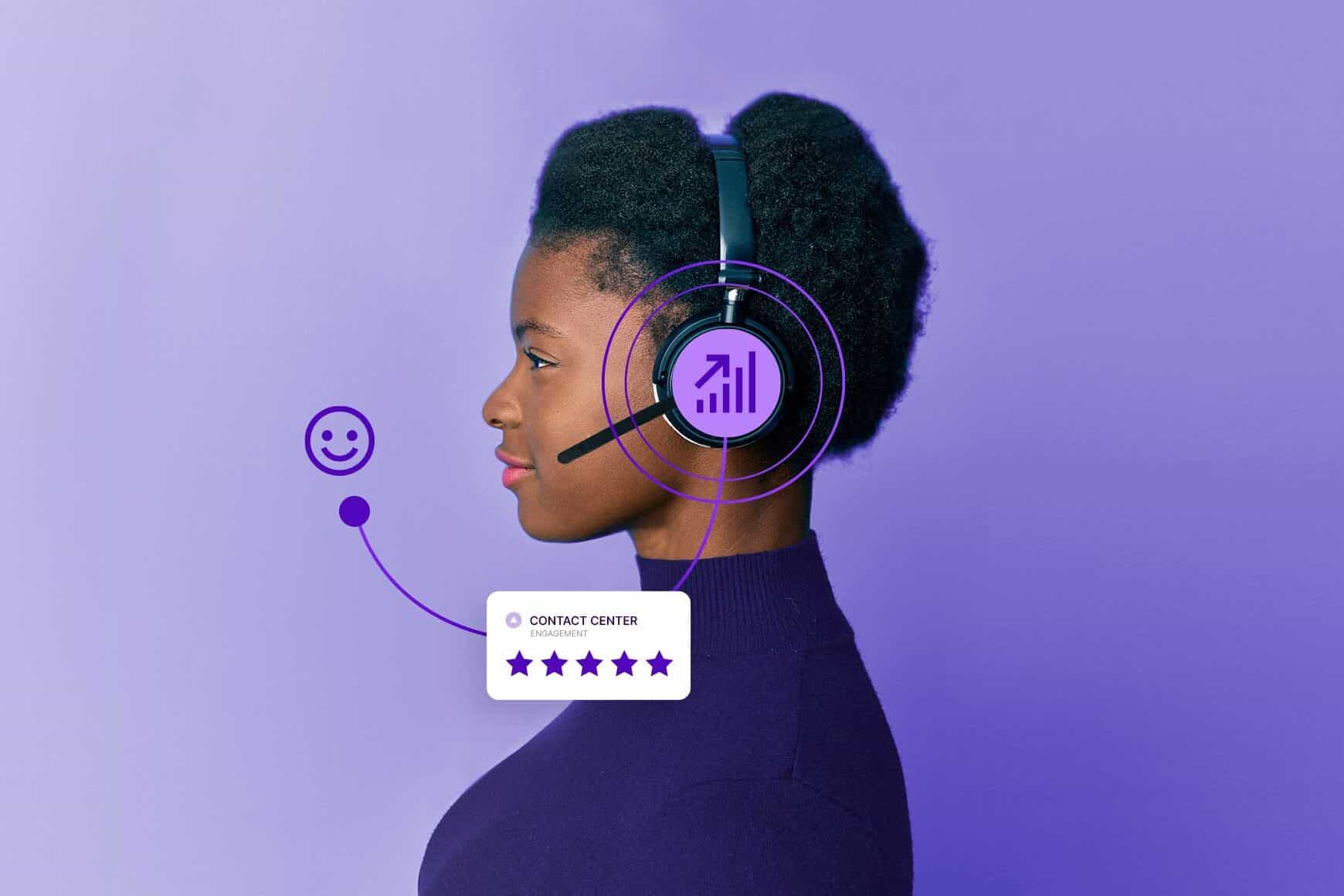9 Tips to Increase Self-Efficacy in the Workplace

By Shauna Geraghty
0 min read

Self-efficacy, or the belief in one’s ability to successfully execute a task, is directly tied to performance. Managers seeking to increase the performance of their team should engage in practices that enhance self-efficacy in their employees and teams.
Below are 9 tips to help managers increase self-efficacy in the workplace [1].
1. Recruit applicants with high self-efficacy
Careful hiring practices and utilization of specific interview questions that probe an applicant’s general level of self-efficacy are important to developing a team with high self-efficacy. Selecting individuals who have higher self-efficacy beliefs will increase the probably that they will be more motivated to perform well.
2. Ensure job demands are appropriate
The complexity of job demands has an impact on self-efficacy. Individuals who gain mastery completing complex, challenging and autonomous jobs increase self-efficacy. Individuals who lack the opportunity to engage in challenging work are often bored and disengaged, leading to a decrease in self-efficacy.
3. Improve training and professional development practices
Employee’s self-efficacy expectations for tasks can be increased through guided experience, mentoring and role modeling. Assign a team leader who exemplifies self-efficacious behavior and identify them as a role model. Additionally, enhance self-efficacy with professional development opportunities for all employees.
4. Enhance self-management
Systematic self-management training enhances self-efficacy expectations. Encourage employees to set realistic personal goals, delineate clear priorities, be well-organized and enhance time-management skills.
5. Set reasonable goals and expectations
Goal difficulty should match the individual or group’s level of perceived self-efficacy. As self-efficacy and performance increase, so should the complexity of the task demands and the level of the goal.
Goals that are too ambitious result in performance failure and can have a negative impact on self-efficacy and future performance. They can also precipitate a downward efficacy spiral. Goals that are set too low can result in a false sense of self-efficacy. This will lead to greater frustration and discouragement when the employee faces more difficult tasks.
Goals that are challenging and attainable lead to both the highest performance levels and more resilient self-efficacy beliefs.
Break larger goals into tangible steps. The achievement of mini-goals which lead toward a larger goal provides a sense of task mastery and competence, increasing self-efficacy.
6. Improve coaching strategies
Increase the quality and quantity of constructive pointers, feedback, guidance, support and education you provide your team. This feedback must be accurate, timely and specific in order for the individual or group to understand the cause-and-effect relationship involved in performing the task and to increase performance in the future.
7. Have confidence in your employees
It is necessary to have confidence in employees and to convince them that they have the ability to succeed at a particular task. When managerial confidence increases, so does employee performance. Communicate your confidence in your employees in various ways to have the largest impact.
8. Improve leadership and mentoring
Identify your top performers and promote them to leadership or mentoring positions. Improve the quality and quantity of positive role models within team in order to increase self-efficacy of the individuals and team. Encourage managers and team leaders to engage in supportive leadership activities.
9. Acknowledge and reward
Both small and large successes should be acknowledged and rewarded. These will enhance self-efficacy and lead to greater achievements. Also, point out to the team when an employee succeeded at a particularly demanding task. This will increase other employee’s self-efficacy to perform similar tasks.
Increasing self-efficacy in both individuals and teams should be made a managerial priority. When executed properly, increasing employee self-efficacy will lead to enhanced capabilities of employees and will have a major impact on the performance of individual employees as well as the team.
References:
[1] Kreitner and Kinicki. 2004. Organizational Behavior. Boston. MA: McGraw Hill, Irwin.

The definitive guide to employee rewards
Find out how to develop and enhance your employee rewards programs.







